
French Impressions - The Loire Valley: the Valley of the Kings
Book
Yes, we know you know the Loire is the longest river in France. But did you know that one in every...
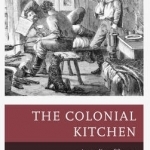
The Colonial Kitchen: Australia 1788-1901
Book
The first Europeans to settle on the Aboriginal land that would become known as Australia arrived in...
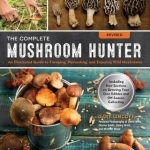
The Complete Mushroom Hunter: Illustrated Guide to Foraging, Harvesting, and Enjoying Wild Mushrooms - Including New Sections on Growing Your Own Incredible Edibles and off-Season Collecting
Book
Do you know your mushrooms? This is the only mushrooming book that will introduce you safely and...
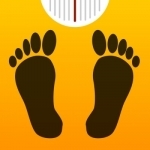
iSkinny - Food Diary and Weight Tracker
Health & Fitness and Lifestyle
App
iSkinny is an invaluable weight loss tool. No matter how you choose to achieve your goal, iSkinny...

Healthy 365
Health & Fitness
App
Healthy 365 app is brought to you by the Health Promotion Board (HPB). This app enables you to track...
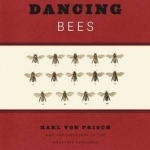
Dancing Bees: Karl Von Frisch and the Discovery of the Honeybee Language
Book
We think of bees as being among the busiest workers in the garden, admiring them for their...
ClareR (6062 KP) rated Aftermath: Life in the Fallout of the Third Reich, 1945-1955 in Books
Feb 1, 2022
The black market was also a huge earner for many German citizens: one teenager is described as having thousands of Marks worth of cigarettes in his house. Money was there to be made for the improvising, bold, German!
What probably resonated with me most, was the lot of the German woman. They had been expected to be the perfect German Female during National Socialism, then experienced a kind of social and sexual liberation after the end of the war. However, when their husbands and men returned from captivity (or just made their ways home), they found themselves being expected to revert to the stereotypical role of the housewife. But they wanted more. They wanted to continue in careers, they wanted equality, and they didn’t necessarily want to deal with broken, defeated husbands (as cruel as this may seem).
What really surprised me, was how was how former Nazi party members still worked in positions of influence, both politically and in industry - and this was the case in both East and West Germany. Even though the Allies made a point of ‘educating’ German citizens about the holocaust, National Socialists seemed to largely escape punishment and carried on with their lives. Their children may have had their doubts as to their parents innocence, and the real movement to ‘out’ the national guilt didn’t really get going until the 1960’s, but there was dissent in the 1950’s already.
I could go on. This is such an interesting book, and written so accessibly. It didn’t read at all like a dry history book, and the photos and posters from the time are well chosen and really add to the book as a whole. This isn’t just a history book for history buffs.

The Australia Times App
Book and Entertainment
App
TAT App is the all new mobile interface to read The Australia Times publications. THE AUSTRALIA...
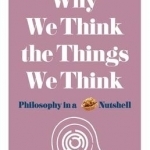
Why We Think the Things We Think: Philosophy in a Nutshell
Book
Have you ever found yourself alone with your thoughts? Have you ever been asked if the glass is half...

